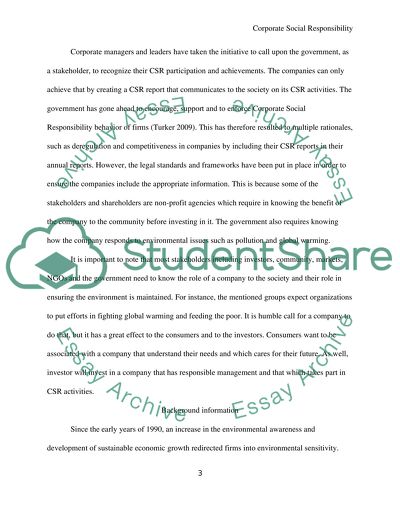Cite this document
(“Do corporate social responsibility (CSR) reports provide shareholders Essay - 1”, n.d.)
Do corporate social responsibility (CSR) reports provide shareholders Essay - 1. Retrieved from https://studentshare.org/finance-accounting/1490738-do-corporate-social-responsibility-csr-reports
Do corporate social responsibility (CSR) reports provide shareholders Essay - 1. Retrieved from https://studentshare.org/finance-accounting/1490738-do-corporate-social-responsibility-csr-reports
(Do Corporate Social Responsibility (CSR) Reports Provide Shareholders Essay - 1)
Do Corporate Social Responsibility (CSR) Reports Provide Shareholders Essay - 1. https://studentshare.org/finance-accounting/1490738-do-corporate-social-responsibility-csr-reports.
Do Corporate Social Responsibility (CSR) Reports Provide Shareholders Essay - 1. https://studentshare.org/finance-accounting/1490738-do-corporate-social-responsibility-csr-reports.
“Do Corporate Social Responsibility (CSR) Reports Provide Shareholders Essay - 1”, n.d. https://studentshare.org/finance-accounting/1490738-do-corporate-social-responsibility-csr-reports.


